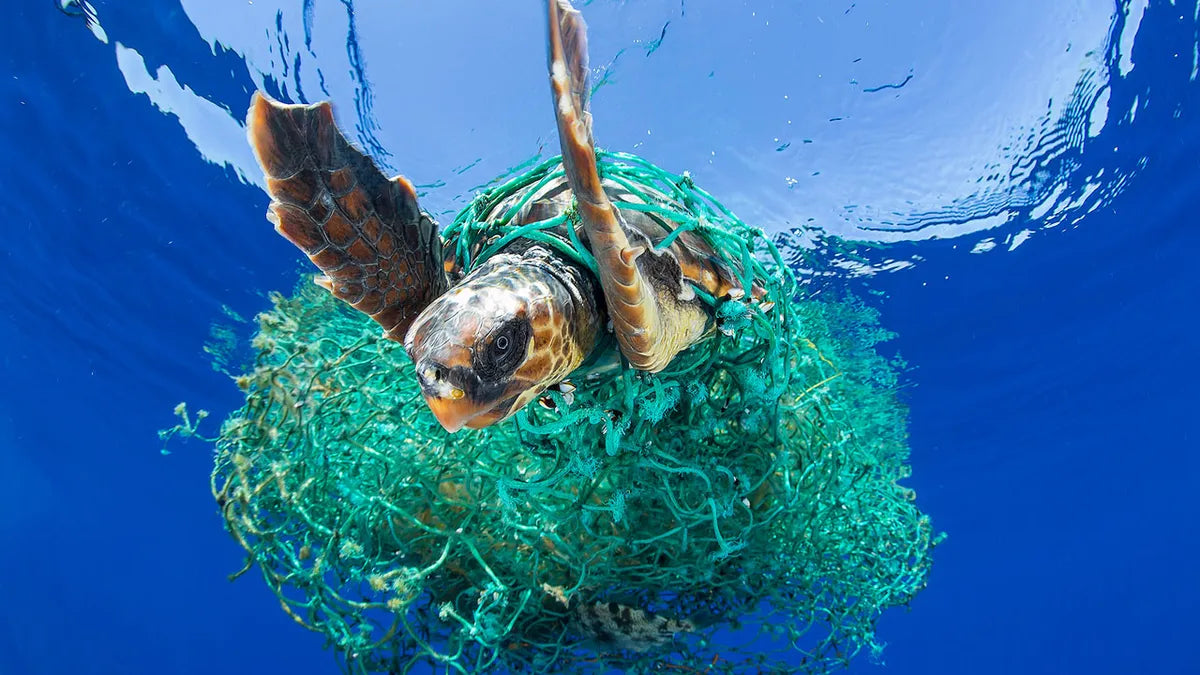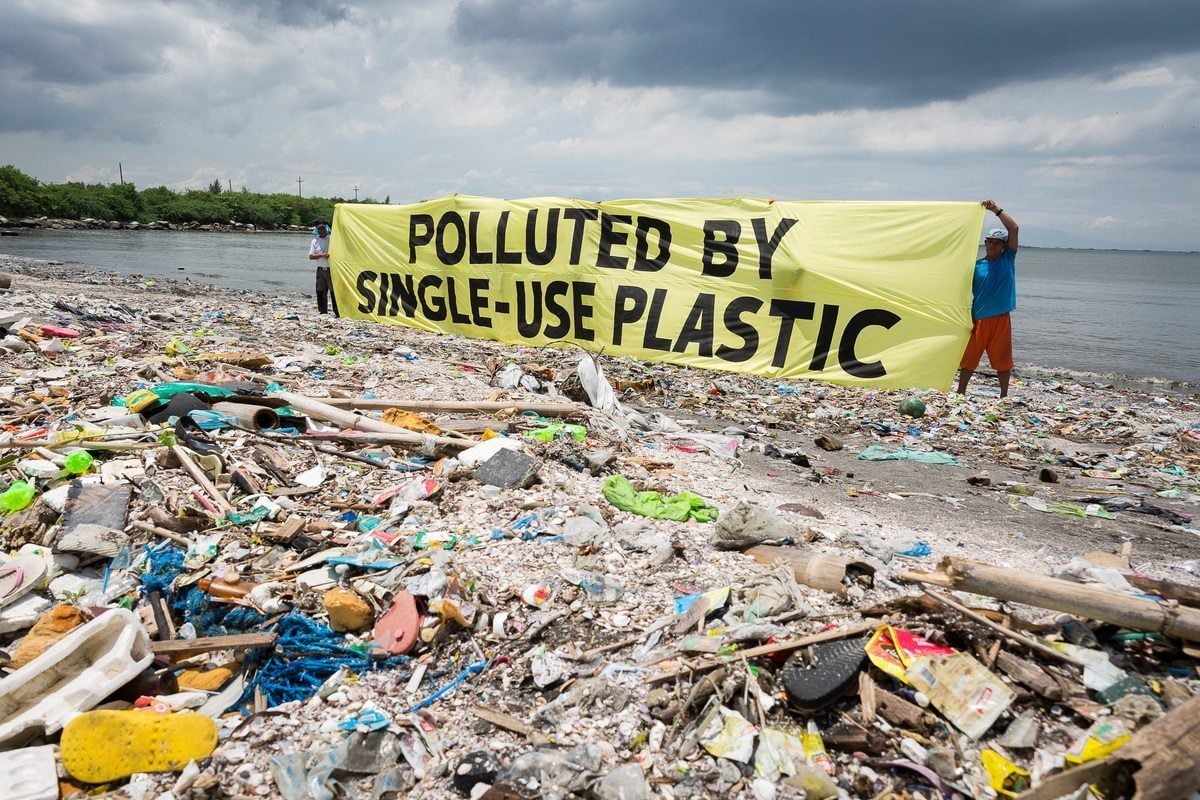Plastic pollution has emerged as one of the most pressing environmental challenges of our time, leaving an indelible mark on ecosystems around the globe. While the detrimental impact of plastic waste is widely acknowledged, a particular fact sheds light on the sheer magnitude of this crisis, urging us to confront the reality of our plastic-laden world.
Each year, an estimated 8 million metric tons of plastic find their way into the world's oceans. This staggering amount is equivalent to dumping a garbage truck full of plastic into the ocean every minute. This relentless flow of plastic waste poses a severe threat to marine life, ecosystems, and ultimately, to our own well-being.

The scale of plastic pollution is not just a statistical abstraction; it has profound and far-reaching consequences. Marine animals, from the smallest plankton to the largest whales, are entangled in or ingest plastic debris, often leading to injury, suffocation, or starvation. Moreover, as plastics break down into smaller particles known as microplastics, they infiltrate the food chain, with potential health implications for humans who consume seafood.
The Persistence of Plastic
One of the most unsettling aspects of plastic pollution is the longevity of these materials in the environment. Unlike organic waste, which decomposes relatively quickly, plastic takes hundreds of years to break down. This means that the plastic items we discard today will persist in the environment for generations, perpetuating the cycle of pollution and its associated impacts.

While much attention is rightfully directed at the impact of plastic pollution in oceans, the consequences extend to land and air as well. Improper disposal and inadequate waste management contribute to the accumulation of plastic in terrestrial environments, affecting soil quality and posing a threat to terrestrial wildlife. Additionally, microplastics have been found in the air, indicating that plastic pollution has become an airborne issue, with potential implications for human respiratory health.
Urgent Call to Action
Confronting the gravity of the plastic pollution fact requires a collective and urgent response. Efforts to reduce plastic consumption, improve waste management practices, and promote recycling are critical components of the solution. Additionally, innovation in sustainable materials and alternative packaging options can help alleviate the burden of plastic on the environment.
Recent studies, including research from the Ellen MacArthur Foundation, indicate that if current trends persist, by 2050, there could be more plastic than fish in the world's oceans by weight [Ellen MacArthur Foundation, "The New Plastics Economy: Rethinking the Future of Plastics," 2016]. This projection underscores the urgency of immediate and comprehensive action to curb plastic pollution, highlighting the potential for an ecological imbalance that could have cascading effects on marine ecosystems and beyond.
The stark reality of 8 million metric tons of plastic entering our oceans annually, coupled with the ominous projection for the future, demands our attention and concerted action. As individuals, communities, and nations, we must acknowledge the scope of the plastic pollution crisis and work collaboratively to address its root causes.
Conclusion
By adopting responsible consumption habits, supporting sustainable practices, and advocating for systemic change, we can strive to mitigate the impact of plastic pollution and pave the way towards a cleaner, healthier planet. The alarming fact and data point, sourced from reputable studies, serve as a wake-up call, urging us to take meaningful steps to curb the tide of plastic inundating our oceans and threatening the delicate balance of our ecosystems.


